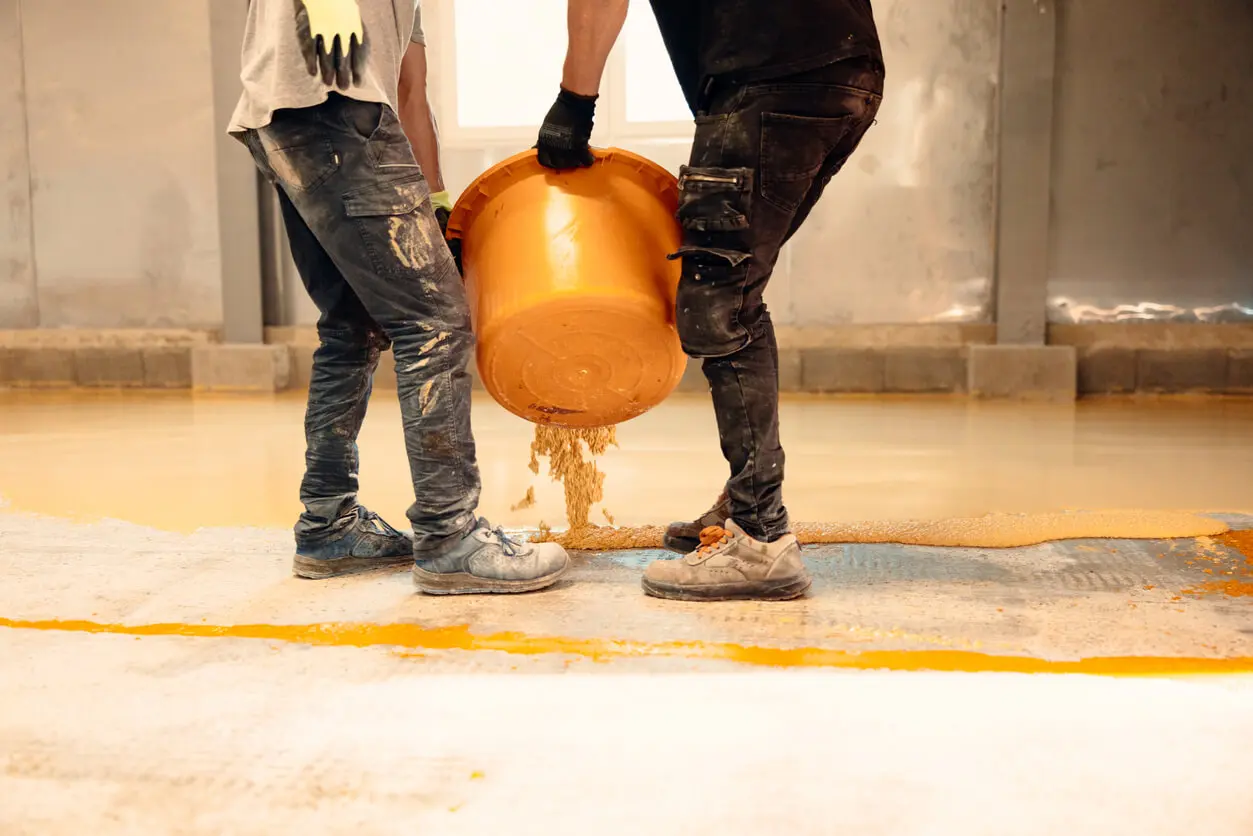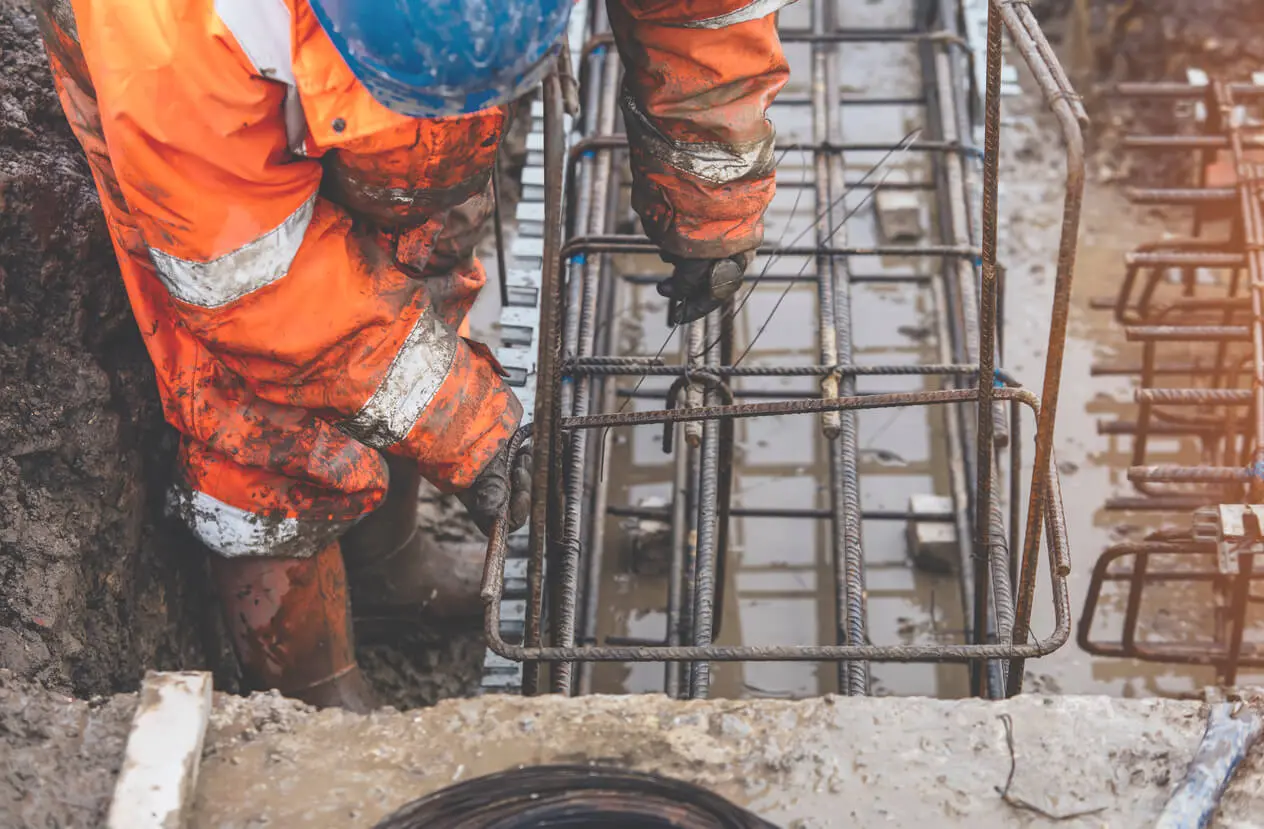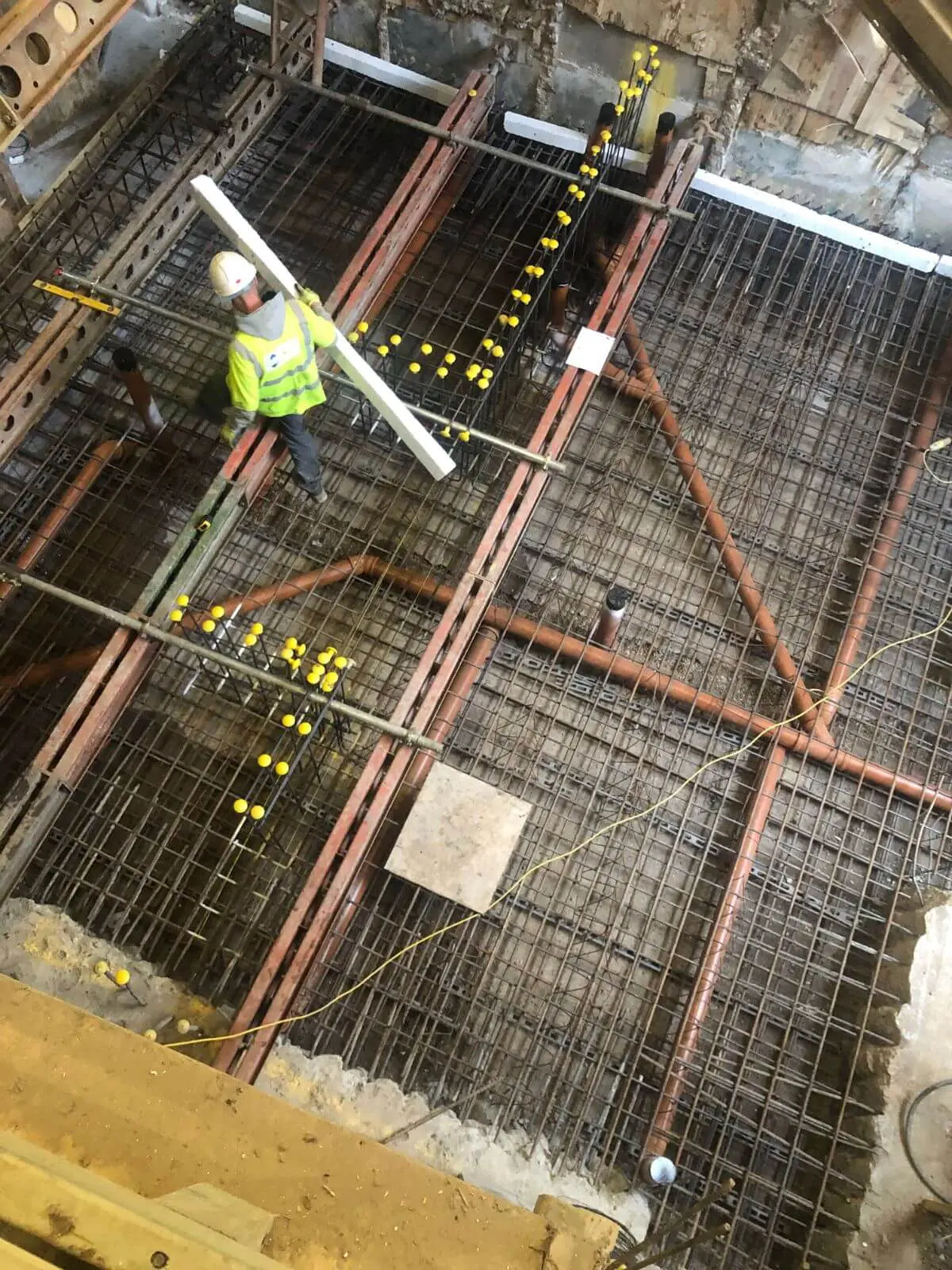
Waterproofing Your Basement: Essential Steps to Take Before Starting the Build
Building a basement is a significant investment and ensuring that it remains dry and protected...
Basement construction in London is often met with several challenges, from moisture intrusion to temperature fluctuations. These issues can compromise both the comfort of the living space and the long-term stability of the structure. One crucial element that addresses these challenges is insulating a foundation. Proper insulation plays a key role in maintaining the integrity of a basement, protecting it from moisture, temperature extremes and providing long-term benefits for the building as a whole.
Insulating a foundation is an essential part of basement construction in London. With the city’s unpredictable climate and frequent rainfall, basements can be vulnerable to moisture ingress and fluctuating temperatures. Proper insulation helps to regulate temperature and acts as a barrier against moisture, reducing the risk of dampness and mould.
There are various types of insulation materials and techniques used in basement construction London to improve the performance of basement foundations. The choice of insulation depends on factors like the property type, the surrounding soil conditions, and the specific goals of the homeowner.
Rigid foam insulation is one of the most popular choices for insulating a foundation. It is made from materials like expanded polystyrene (EPS), extruded polystyrene (XPS), or polyisocyanurate. These panels are highly effective at providing thermal resistance and preventing moisture penetration.
Spray foam insulation is another effective method used in basement foundations. It is applied as a liquid and expands to fill gaps, providing a seamless layer of insulation that is both airtight and moisture-resistant.
Mineral wool insulation, also known as rock wool, is a natural and highly effective insulation material for basement foundations. It is resistant to moisture, mould, and pests, making it an excellent choice for basement applications.
Properly insulating a foundation during basement construction in London offers several long-term benefits, ensuring the durability and functionality of the space for years to come.
One of the major advantages of insulating a basement foundation is the improvement in energy efficiency. By reducing heat loss through the foundation, you can maintain a comfortable indoor temperature without excessive heating. This results in lower energy consumption and reduced utility bills over time. Given London’s often chilly weather, the savings can be substantial for homeowners who invest in proper insulation.
Insulating a basement foundation also contributes to the overall structural integrity of the building. Moisture can weaken the foundation over time, leading to issues like cracks and settlement. By creating a barrier that prevents water from seeping into the foundation, insulation helps maintain the strength of the structure and prevents costly damage in the future.
A properly insulated basement is far more comfortable and versatile. Whether you’re using it as a living space, a home office, or simply for storage, insulation helps regulate the temperature and prevents the space from becoming too cold or damp. This makes the basement a usable part of your home throughout the year, adding valuable living space and enhancing the overall property value.
Selecting the right type of insulation for your basement construction in London will depend on several factors, including the specific needs of your property, the condition of the foundation, and how you plan to use the basement. At BH Basements, we specialise in providing tailored insulation solutions that meet the unique requirements of London properties.
Insulating a foundation is a vital step in ensuring the long-term durability and functionality of your basement. With the challenges posed by basement construction in London, such as moisture and temperature changes, proper insulation helps protect your property from structural damage and increases the energy efficiency of your home.
At BH Basements, we understand the importance of using the right insulation methods to maintain the quality and durability of your basement. Our expertise in London basement construction means we can provide the best solutions to suit your needs, ensuring your basement stays warm, dry, and fit for purpose for years to come. Contact us today to learn more about how we can help insulate your basement foundation effectively.
For further information about BH Basements, please do not hesitate to get in touch. We are always happy to help.
For more captivating insights and expert advice, delve into BH Basements’ diverse range of blog articles.

Building a basement is a significant investment and ensuring that it remains dry and protected...

RC Framework How Reinforced Concrete Slabs Strengthen Your Commercial Basement’s Foundation Wed, 22 Jan 2025...

Building a basement, especially in a city like London, comes with it's own complications.